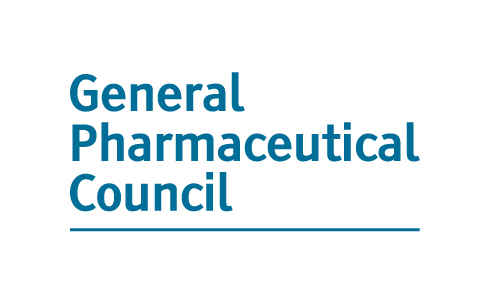Improving outcomes for people with respiratory illnesses
The NHS spends more than £1 billion a year on inhaled respiratory medications.
We also know that a significant proportion of hospital emergency admissions and A&E attendances are as a result of asthma or chronic obstructive pulmonary
disease (COPD).
Many of these could be avoided if inhaled medicines were prescribed and used according to guidelines and patients better understood how to use them. This is reiterated in the National Review of Asthma Deaths from 2014 which indicates poor understanding of how inhaled medicines should be used from both healthcare professionals and patients.
Given the complexity of prescribing in respiratory care and the number of medicines available, a national group of respiratory specialists was established by the NHS Business Services Authority (NHS BSA), with the aim of improving outcomes by drawing on their prescribing data and information services, and we got involved.
The national group identified that it would be useful to review the variation in prescribing of respiratory medicines across England. A Respiratory Dashboard was developed –which has been published in June 2018 – with the aim of highlighting to clinical commissioning groups the variation in prescribing across England.
In the first iteration of the dashboard we have chosen to focus on specific areas of prescribing that the specialist working group thought were important. The measures
developed show CCGs how their prescribing compares with their peers, and begins the debate about whether variation in prescribing is warranted and highlights areas for local action. The intention is to promote consistent evidence-based practice which will result in better patient outcomes through improved medicines use.
We hope the new dashboard will help generate discussion about respiratory prescribing within local health economies, inform future work programmes and identify areas where prescribing could be improved. Given the variation indicated on the dashboard in England, we would encourage CCGs to look at the data for their locality and investigate further.
The measures highlighted by the respiratory dashboard are:
High dose inhaled corticosteroids (ICS) items as a % of all ICS items: This measure highlights that nearly 30% of all ICS prescribing in England is for high dose ICS. Prescribing high doses of inhaled steroids is only appropriate in a small number of asthmatic patients and rarely required in COPD as lower doses usually give the same clinical benefit.
Inhaled steroid prevention including ICS and long acting beta agonists (LABA): Poor adherence to treatment is often why patients remain at risk of exacerbations, admissions and even death. It is also a contributing factor to why therapy is often stepped up to higher doses. The measure shows that on average 60% of patients were issued 5 or fewer preventative inhalers (in this case ICS/LABA combinations) in a 12 month period when ideally it should be 12.
Prescribing frequency of prednisolone 5mg tablets: Exacerbations of asthma and COPD are often treated with oral steroids. Patients who exacerbate more than twice a year should be targeted for urgent review of their management. The measure shows how many patients in each GP practice are being prescribed frequent courses of oral steroids.
Prescribing of smoking cessation products: Stopping smoking is one of the most effective interventions in COPD. The measure shows how many smoking cessation products are prescribed and highlights the severe underuse of this important intervention.
Excess short acting beta agonist (SABA) prescribing: Well controlled asthmatics should not require more than two canisters of reliever SABA a year. The excessive (e.g. more than six canisters in 12 months) use of salbutamol and other short acting bronchodilators in asthma is associated with poor outcomes and even death. This measure shows those areas where a significant proportion of patients are being prescribed six or more canisters a year. These patients should be targeted for urgent review of their management.
Patients on triple therapy: Triple therapy with ICS + LABA + long acting muscarinic antagonists (LAMA) is only appropriate for a small number of COPD and recently asthmatic patients. The measure highlights how many patients are on triple therapy, and the variation that exists between CCGs and between individual practices which would be difficult to explain by differences in disease prevalence or severity.
Prescribing of montelukast: Montelukast has been recommended by NICE as a cost effective and safe add on treatment in asthma when not controlled on low dose ICS. This measure will track future trends in the uptake of this recommendation across CCGs. We aim to work with the NHS BSA to develop this dashboard further, and would welcome comments for other clinical areas to focus on in future.

)
)
)
)
)
)
)

.png/fit-in/500x500/filters:no_upscale())
)
)
)
)
)
)
)
)
)
)
)
)
)
)
)
)
)
)
)
)
)
)
)
)
)
)
)
)
)
)
)
)
)
.png/fit-in/1280x9999/filters:no_upscale())
)
)
)
)
)
)
)
)

